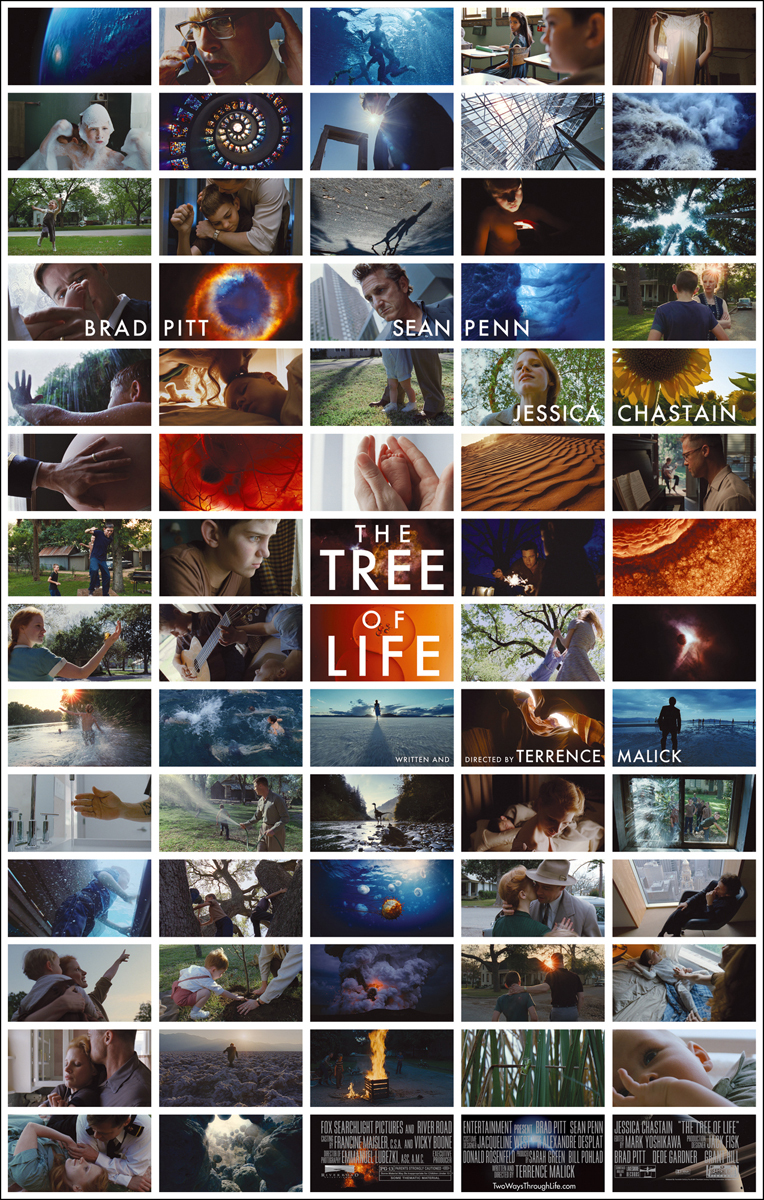The famous American film director Stanley Kubrick was once quoted as saying:
When I first read this quote I was blown away by how profoundly correct it was in both its depiction of incredible film-making but also the importance of musical scores in the storytelling process. Utilised as the only tool for effective storytelling in the silent cinema era of the early 1900s, music was the single most important film technique for engaging an audience on an emotional and personal level. Charlie Chaplin (silent cinema comic icon and film industry pioneer) in his first feature-length silent film ‘The Kid’ (1921) developed a musical score inspired by Tchaikovsky’s 6th sympathy to help the audience grasp the humourous and emotional story of an orphan boy who develops a fatherly relationship with Chaplin’s iconic ‘Tramp’. Without the musical accompaniment this film, and many others during this era, would have been completely unmarketable to the mass public. In the years before dialogue, music was the only voice a film had. And then in 1927 that all changed, when Warner Bros released its first talking motion picture ‘Jazz Singer’ (1927), where Al Jolson said the first lines in cinematic history:
And he was right, we hadn’t. But that wasn’t just from a dialogue perspective. Some of the greatest musical scores ever written have come from films outside of the silent cinema era, where composers were faced with the challenge of writing music that effectively complement the complex levels that films could now cover through the use of sound and dialogue. Gone with the Wind (1939), for example, challenged its musical composer Max Steiner to find creative ways to convey the epic nature of the American civil war while continually emphasising the personal pleasures and pains that the film’s lead heroine, Scarlett O’Hara (Vivien Leigh), was experiencing throughout the course of her life. As our films have become more multilayered, through realistic visual effects, three-dimensional characters and breathtaking cinematography, film composers have been forced to develop musical scores that can carry the complexity of the story in an immersive and emotional way. When I think about my own movie experiences, some of my fondest memories are of musical scores that have catapulted me into the emotional centre of the story from the very first note, even before a single word has been spoken. Musical scores such as Out of Africa (1985), Titanic (1997), The Lord of the Rings Trilogy (2001-3), Babel (2006), The Dark Knight (2008) and most recently Inception (2010) have all illustrated the sheer brilliance of music/film collaborations within our modern era. Each composer has devised a score that conveys the truth and purpose of the story while also characterising the unique settings and personal influences that encompasses the films overarching plot. It is musical moments like these that can take your breath-away and stay with you long after the movie has concluded. Such film scores can even evoke emotions and stories of their own, acting as reminders of a time in your life when you saw or experienced their beauty for the first time. Whenever you hear that soothing piano or heavy metal drum sound playing through your headphones, you can find yourself being transported back to a cinematic world that you only thought existed “Once in a lullaby.” So after this first dissection, it is clear that music was once and still is an important part the film-making process and it is important to remember that when we watch and enjoy films. It is an aspect that can regularly go unrecognised outside of the awards season, but is an element so important that no successful film can survive without it. And it was only from Mr. Kubrick’s quote that I realised how important music is in conveying the story of a film while also creating their own. |


